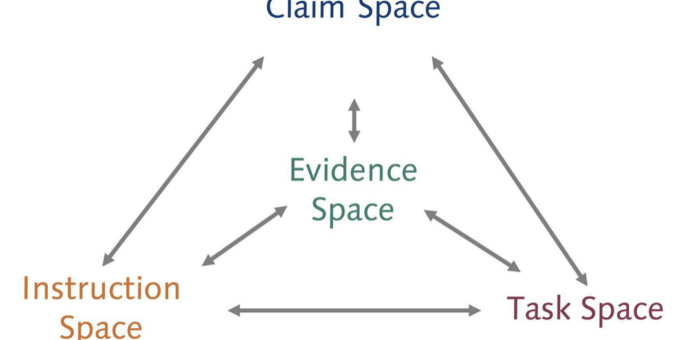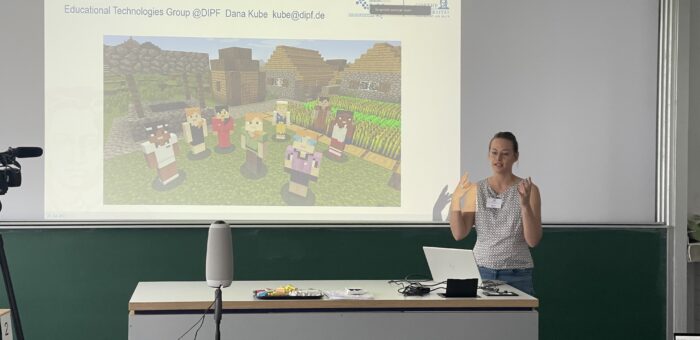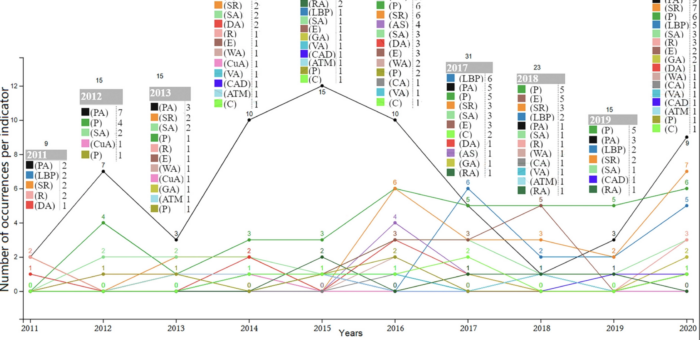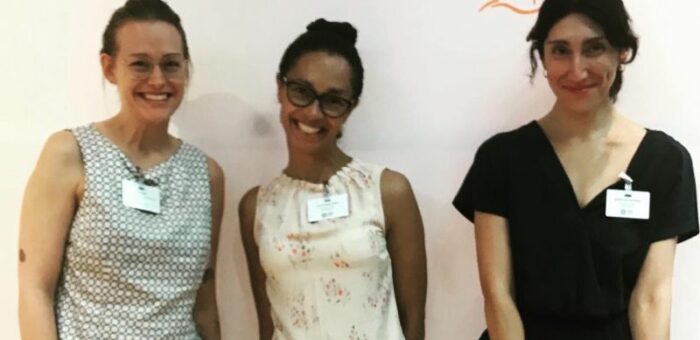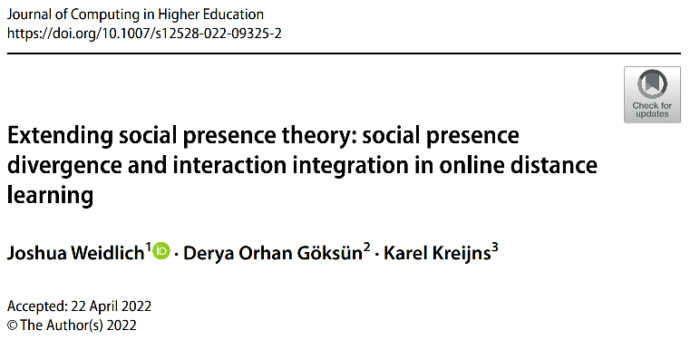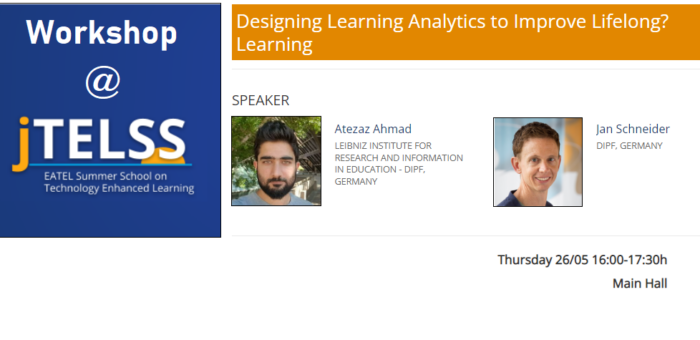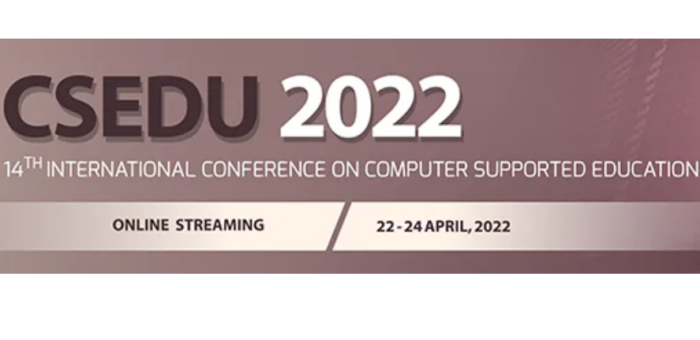
New Pub: Tools Designed to Support Self-Regulated Learning in Online Learning Environments: A Systematic Review
Self-regulated learning (SRL) is a crucial higher-order skill required by learners of the 21st century, who will need to become lifelong learners to adapt to the continually changing environments. Literature provides examples of tools for scaffolding SRL in online environments. In this study, we provide the state-of-the-art concerning tools that support SRL in terms of theoretical models underpinning development, supported SRL processes, tool functionalities, used data and visualizations. We reviewed 42 articles published between 2008 and 2020, including information from 25 tools designed to support SRL. Our findings indicate that (1) many of the studies do not explicitly specify the SRL theoretical model used to guide the design process of the tool; (2) goal setting, monitoring, and self-evaluation are the most prevalent SRL processes supported through functionalities such as content…

